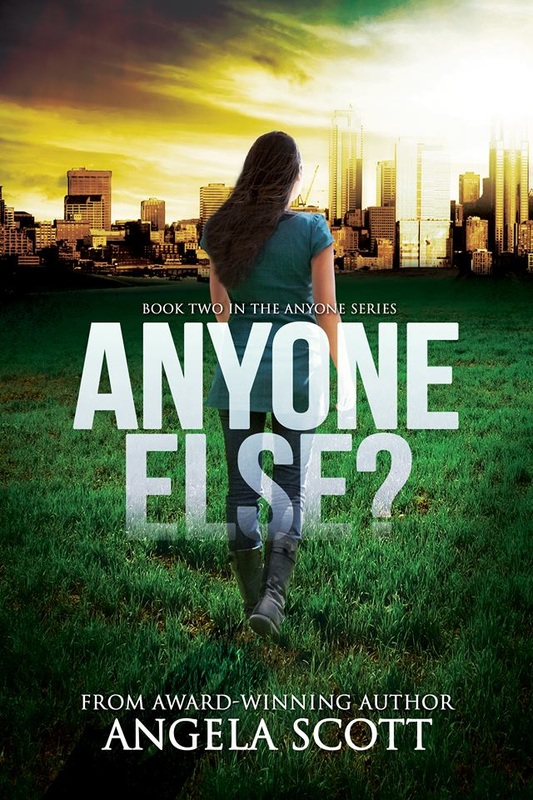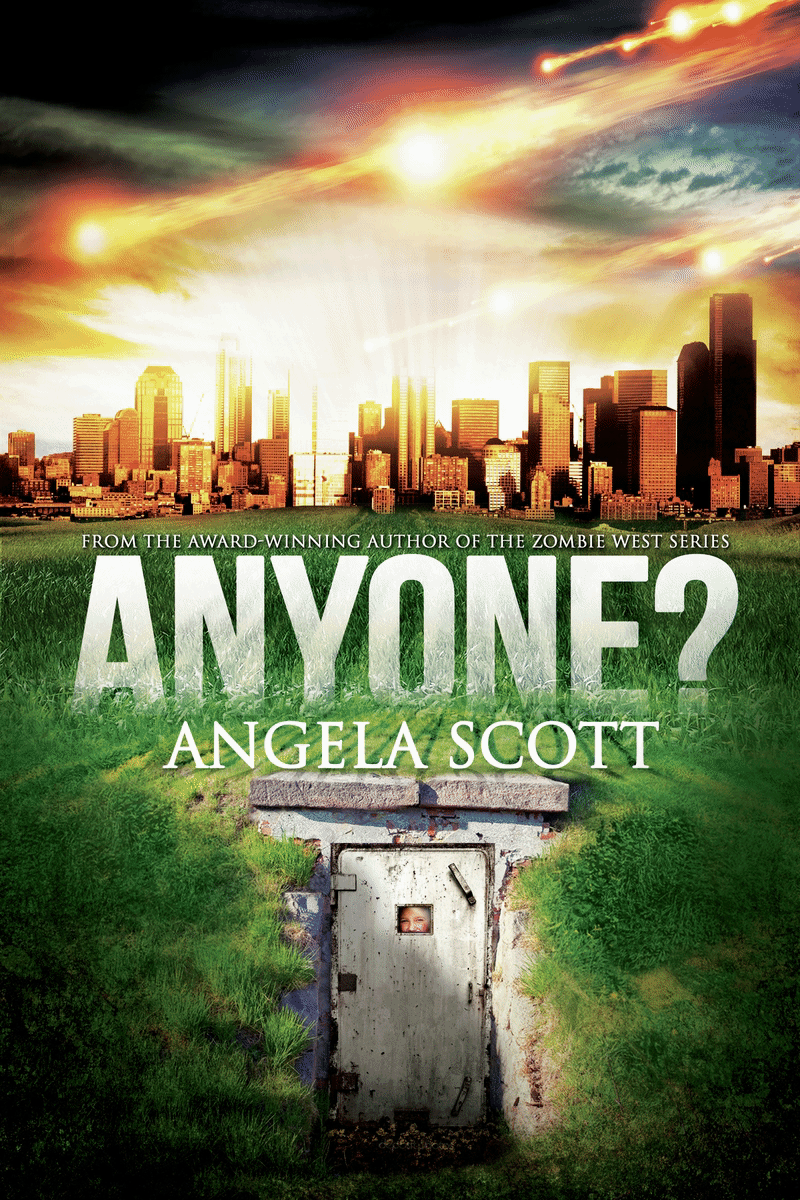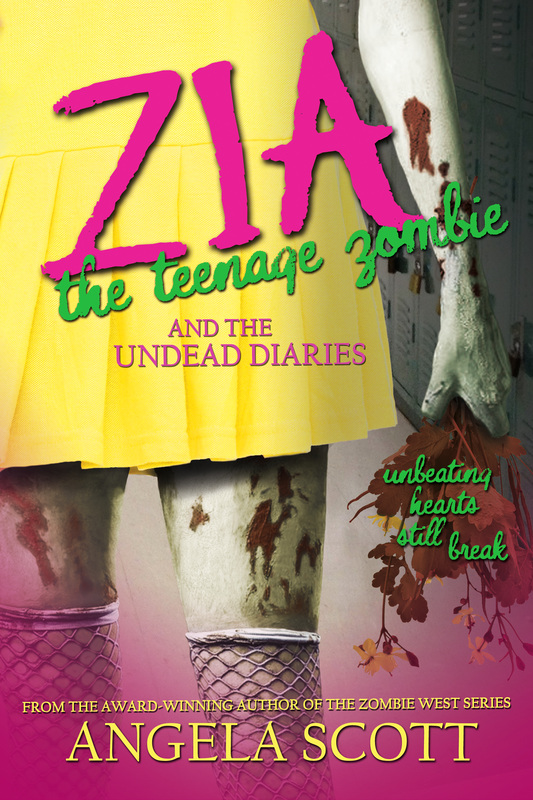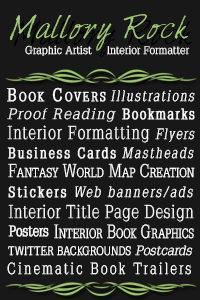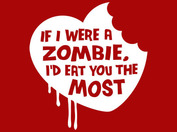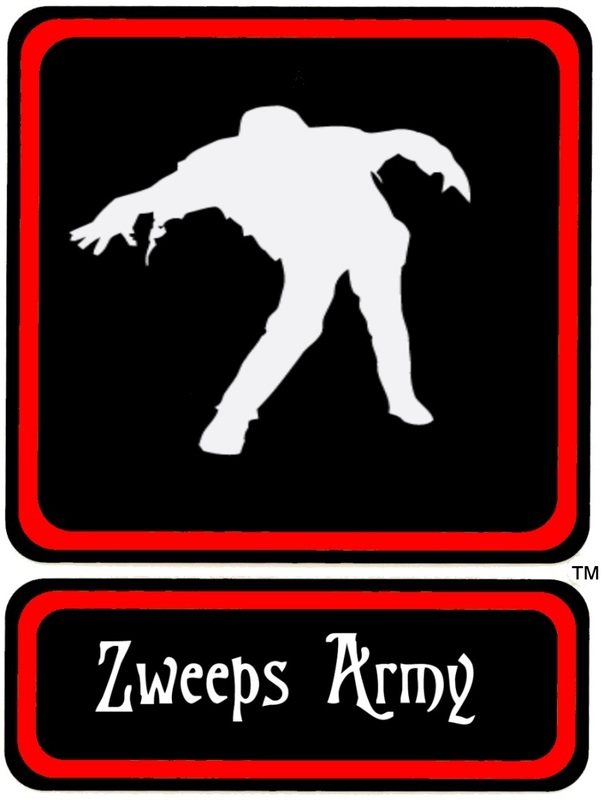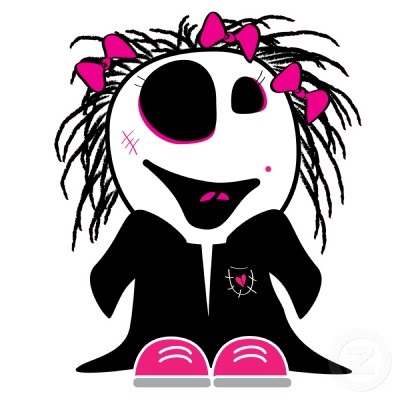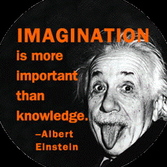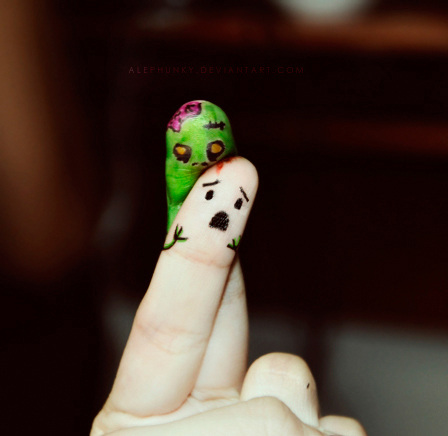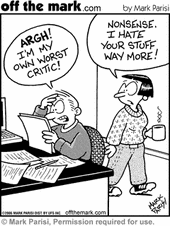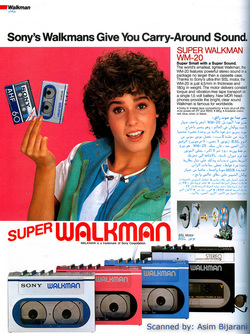 When my son was in the 6th grade (almost 3 years ago), his class took a field trip which included a lengthy bus ride to get there. The kids were told they could bring some music to listen to on the way to entertain themselves. Of course, my son wanted to bring his music too—a CD player and ONE shiny, round disk called a CD (not sure what I’m talking about, look up “CD” or “Compact Disk” in the history section of Wikapedia). At the moment, neither of us thought anything about it. We were a CD listening family. At school though, he was embarrassed and I was embarrassed for him. All the other kids had these fandangled new contraptions called iPOD’s. Some even played music videos and movies. AND these iPODS held in memory a kabillion songs, not just one lousy CD by one lousy band that my son had to listen to over and over. I watched my son carefully slip his portable CD player-like-Walkman into the inside pocket of his coat, trying to hide it so the other kids wouldn’t see how backwards and behind the times he and his family were. (Do you remember the Walkman?) My son looked at me and mouthed the words, “I’m a nerd and it’s all your fault.” Okay, maybe he didn’t say that, but I could feel his pain. Three years later, our family is now the proud owners of four iPODS and two iPHONEs. KA-ZAM! We’re cool now. So what does this, if anything, have to do with writing and publishing? EVERYTHING. The times are a changing. For instance, have any of you walked into your local Barnes and Noble lately? What did you see at the front of the store? For those of you who haven’t been to Barnes and Noble in the past several months, you will be in for a shock. For those of you who have, you know exactly what I’m talking about. Where there once was loads of bookshelves and space for paper books, you will now find those shelves removed and that area replaced with tables, for both adult and for the little kiddies, in which they can touch and feel and sample the new electronic device called NOOK. Gone with the shelves. In with the electronic e-reader. I know people balk at the idea of Kindle and Nook and such devices. Some even suggest these electronic readers will fade out. People like the tactile feel of paper books and they won’t give that up. Paper books will always be around. Oh, really? Where are all the music stores? Where have they gone? The ebook is the biggest thing to hit publishing since the invention of movable type and its impact on the publishing industry has been incredible! With limited shelf space in bookstores, Barnes and Noble pushing the NOOK and Borders scrambling to climb out of bankruptcy after closing nearly half of its stores, publishing houses have to find a new way to compete. AND because publishing houses have to find a new way to compete in the ever shifting world of digital media, everyone is feeling the pinch. For agents to succeed, they need to sell books to publishers. Once the writer receives their advance, the agent will receive their cut, roughly 15%. The problem: publishers aren’t buying up books like they used to. They have to be very selective because the books they buy have to make money, and lots of it. If they can’t guarantee it will pull in big dollars they will pass. They can’t afford to take chances. Then comes the downfall: agents make no money, writers are dropped, agents quit the business. Even if the publishing houses do decide to publish a book, the advances they are handing out are smaller than they ever used to be, and that is, if they are able to afford to pay advances at all. Just this past Tuesday, the agent I had been working with over the last ten months emailed me and said she was quitting the literary business herself. She said “it is almost impossible to sell anything these days—and will get worse as more bookstores close. The industry is in freefall.” Just fantastic, huh? Not very optimistic. Since this email I’ve gone slightly crazy trying to figure out what I should do and where I should go from here. I’ve been researching everything I can get my hands on, trying to figure out what step to take. Either I start over and begin querying agents once again (I just started twitching at the thought) or I look into other options such as publishing my books myself, possibly diving into the ebook phenomenon that is exploding like mad (I just started twitching at that thought too). Self publishing scares the bejebbies out of me. I don’t even know where to begin. I’m not a marketer. I’m not pushy (okay, maybe I’m a little pushy). But once I hit up all my family and friends to buy my book, then what? How does one succeed at self-publishing? And how do you get people to believe you are anything but a “hack writer who couldn’t make it any other way”? How do you get pass the stigma? But going the traditional route is no guarantee either. Okay, you made it. You went through all the painful hoops to prove you’re not a “hack writer.” But did you know books by new authors are only given a 2-3 month shelf life in the bookstores and if they don’t pull in the sales, they are quickly replaced with something else that might? Publishers aren’t paying big bucks to market these books either. It’s in the author’s hands to get the word out (not much different than self-publishing). If an author doesn’t rake in the sells the publishers were hoping they would, the author may never get to publish a second or third book. A new author’s career can tank in a matter of months. I will not cry. I will not cry. I will not cry. I WILL figure out what is best for me. I’m researching like a mad woman hyped up on caffeine and zero sleep cruising the internet for answers (sadly, this is very, very true). I love writing. I will not stop writing. I want to be buried with my laptop—just in case heaven (or hell, depending on where I’m headed) doesn’t have one. But someday, I want people to read my stuff. Writers write. Authors publish. I want to publish, gosh dang it friggin’ heck! (I’m from Utah and that’s how we swear around here). All I know is that I’m not giving up until I am published, one way or another. I will not quit. 99% of failure comes from quitting and I’m no quitter. What are you going to do in these ever changing times? Which option are you pursuing (or have pursued)? Help me, I beg of you. If you have answers, please feel free to tell me what they are. Should I keep plugging away the traditional route, or dive in to the self-publishing world? (For a really fun read, check out the YA fiction book called “Rash” by Pete Hautman. Printed in 2006, before the big takeoff of ereaders. This book is set in the future, the year 2076. I read this book with my son, same said son as above, for extra credit for history. It is hilarious. I highly recommend it. Especially the part in which the 16 year old MC discusses the feel of books in his hands—antiques his grandfather owns on a bookshelf. In the future, everyone reads on what is called Wind-O’s).
14 Comments
5/6/2011 04:05:20 am
Oh dear... the future is looking like a very scary place! I have two friends (they're husband and wife) both writers, who have decided to take the self publishing route. They have found that some copies do sell, though I thought it would be rude to pry too much into how many... but I do believe they sell them via Amazon. I'm starting to think this might be a better option... Keep us updated on what you decide! xoxo Karina
Reply
5/6/2011 08:25:38 am
Self publish.
Reply
I gave up on agents and the Big 6 a couple of years ago. upon realizing they were never going to let me in because they don't serve "my kind", I began researching different venues. E-book seemed the way to go.
Reply
5/6/2011 10:22:32 am
I feel for you. Many writers are contemplating the same thing you are. YA is definitely easier to self publish b/c more adults are reading YA. Nathan Bransford had a great post on the breakdown of self publishing. He said if your book is midlist then you could possibly make more money self publishing. But if you have a high concept commercial book that will sell lots - then in the long run you will make more money traditionally publishing. As even Amanda Hocking has now decided is beneficial for her.
Reply
5/6/2011 10:58:41 am
I never thought I'd switch to an e-reader. Now I own a Nook and I can't believe how great it is. I still love paper books, but I think they will become my 'collectibles', along with my record albums, tapes and CDs.
Reply
5/6/2011 01:00:12 pm
I think, if you want the best of both worlds ... the input in the production phase and the help in marketing, then go the Indie Publisher route. So, rather than going it alone, you're working with a team. You may not get all the bells and whistles of what 'used' to be out there, but then again, that depends on the Indie Pub. I'm highly partial to these groups (not the vanity ones, but the ones who still believe in massive editing, print and ebook publishing, but do it on a more profitable author-centric scale). Yes, you will have to market yourself, but like me, I'm good at that (I have a degree in that) so why not? :) Consider small presses. I wanted my work out there, not sitting in the archives of my computer files. And it will be this July! :) So there are benefits to that route. Good luck no matter what!
Reply
5/6/2011 02:06:13 pm
I'm attempting traditional publication for now. It's for validation more than anything else. Knowing I can self publish any time I want allow me to keep it as my fall back position. I figure I'll dream big first, then go smaller and smaller until I do what I have to.
Reply
Okay -- totally know what a discman and walkman is. Poor boy :( It's all good now, though ;) iPod & iPhone family :D
Reply
5/7/2011 07:17:30 am
1. Agents aren't necessary to publish traditionally (or at all) and can actually be very detrimental to your career.
Reply
5/7/2011 11:07:46 am
@Sarah McCabe - Thanks for the info re: those articles. And you're so right - even though change is scary, it's a really exciting time to be a writer!
Reply
5/7/2011 01:03:10 pm
It's the Wild West out there and no time to give up our day jobs. Still, I see lots of new opportunities and exciting possibilities for new writers! I've been thinking from the beginning that I shall probably self-publish online. Ultimately, it has the greater income potential - there is no obvious downside that I can determine. If the story is good and the characters ring true, then a little self-promotion can take a writer a long way.
Reply
5/9/2011 02:02:22 am
Hoo Boy!
Reply
5/10/2011 09:07:13 am
I'm not at the point yet where I need to decide, but you sure got my attention! Regardless of where I'm at with my book, I need to pay attention to what's going on in the industry and should start researching all my options.
Reply
Leave a Reply. |
Now Available!
|
